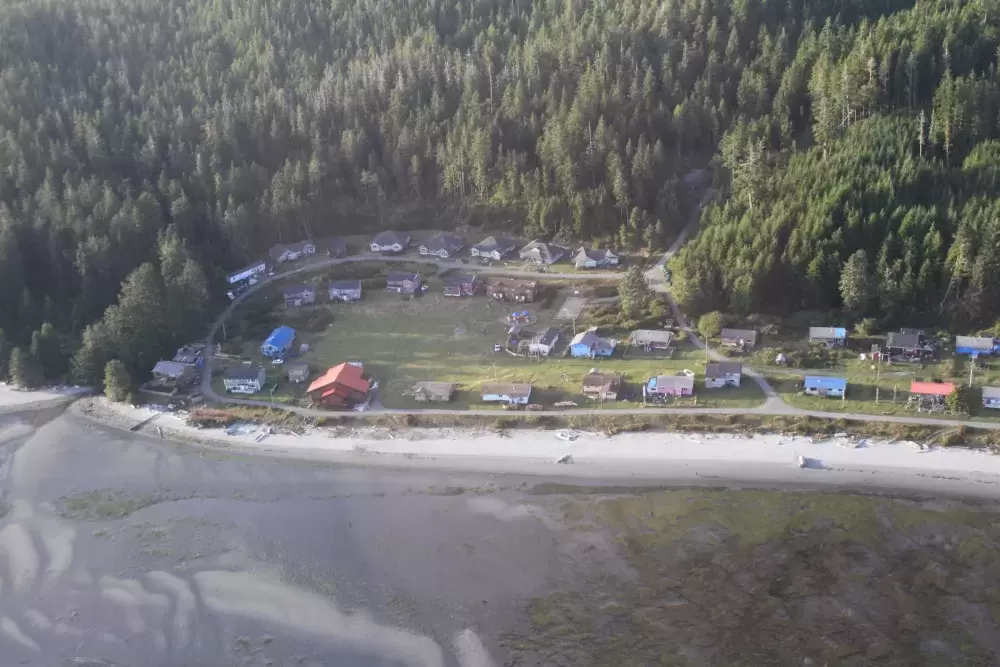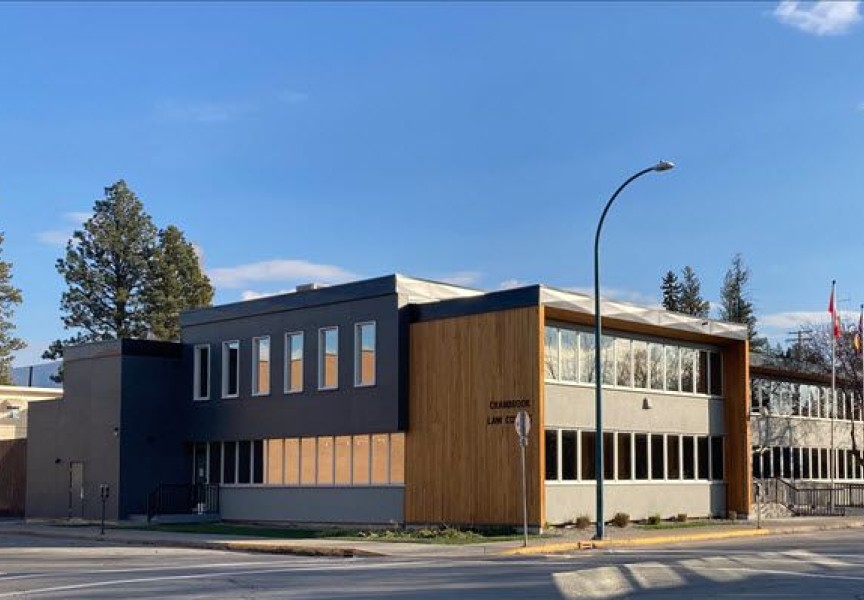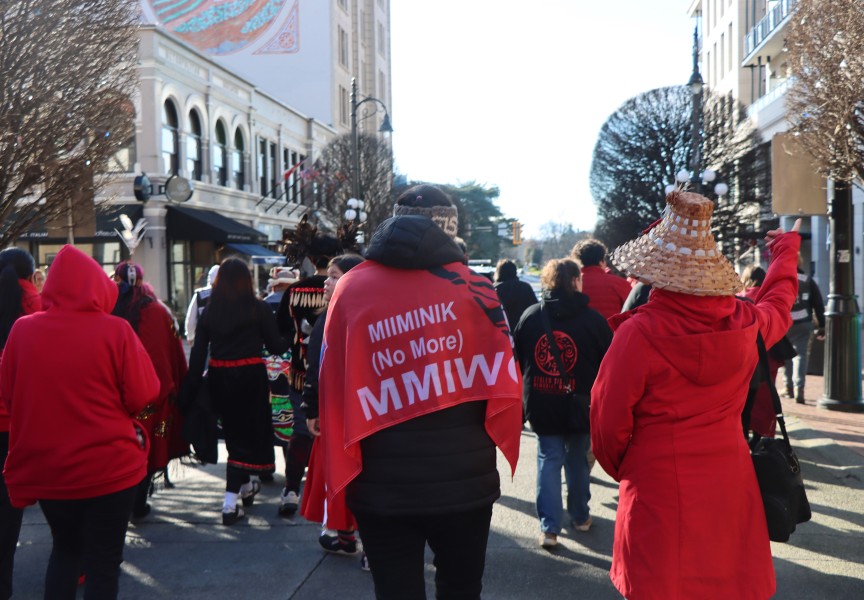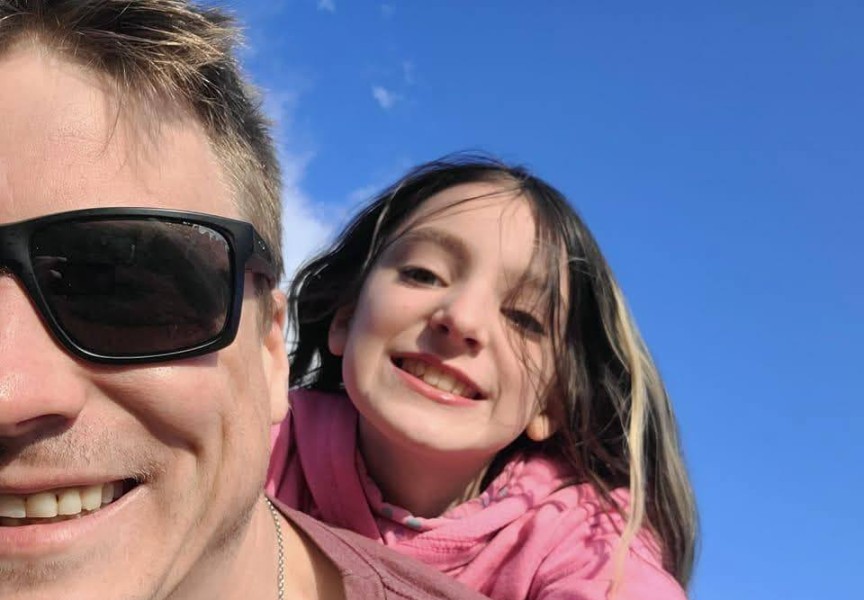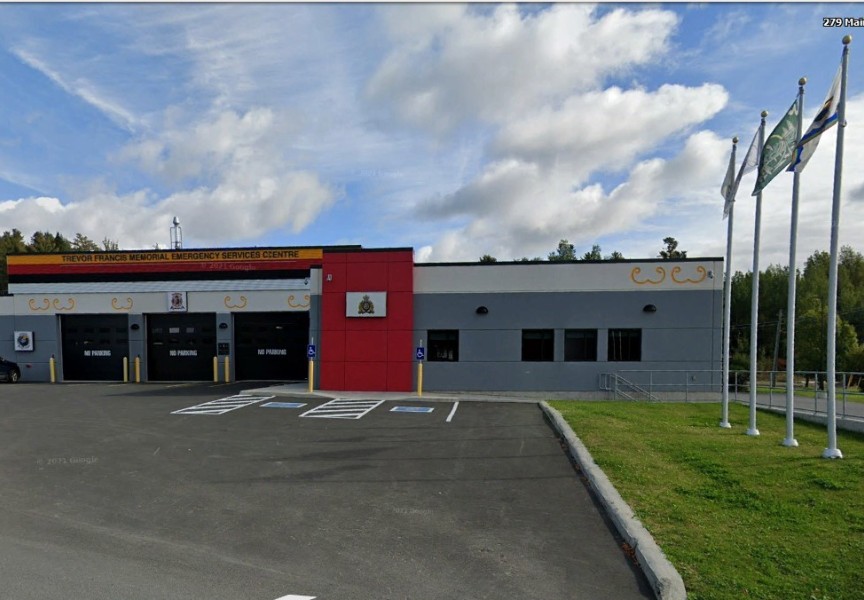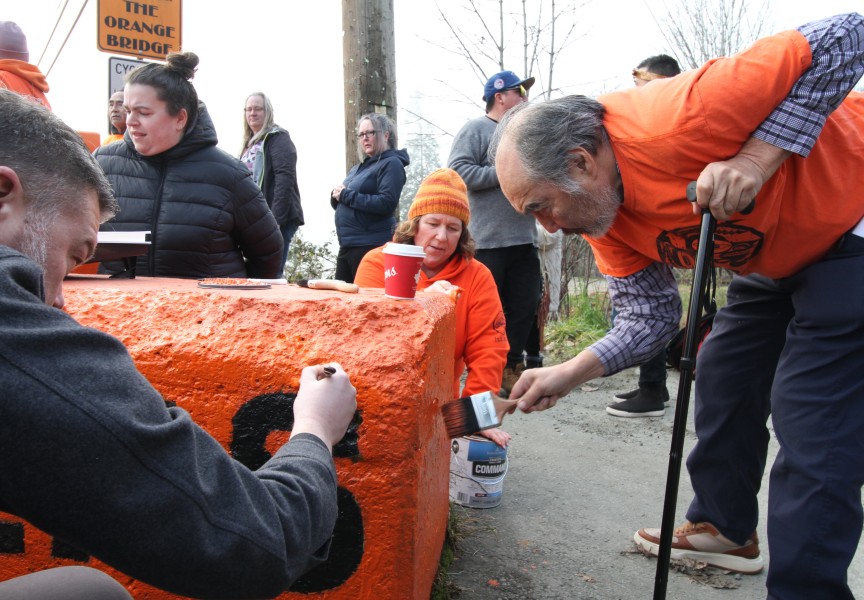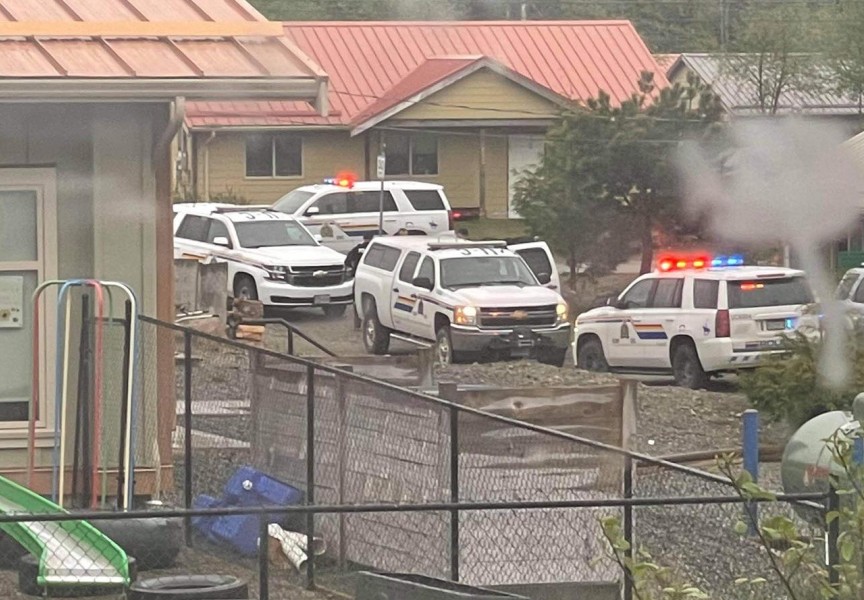The Independent Investigations Office has released the details of a fatal shooting in Opitsaht, when RCMP responded to a call from a female alleging sexual assault and being held against her will.
The incident resulted in the death of Julian Jones, and amid these new details, leaders among Nuu-chah-nulth remain concerned with de-escalation tactics of the police force.
On an evening in late February of 2021 two RCMP officers responded to a call from a female alleging she was sexually assaulted and being held against her will by two males at an address located in the Tla-o-qui-aht village of Opitsaht on Meares Island, reads the report released on July 14 by the Independent Investigation Office (IIO).
The two officers were dispatched from Tofino to perform a wellness check, reaching the residence at 9:30 p.m.
Prior to arriving, a background check was performed on both males; Jones' record indicated a “caution for violence.”
At the front door of the residence, the officers arrested one male and then were confronted by Jones who, as the report said, was “brandishing two metal files as weapons.”
According to the report, the files that were found near Jones’ body were rectangular and between 12 and 15 inches long. The files appeared to be recently damaged, and Jones’ blood was found on one.
“It appears from the evidence that [Jones] was angry to see officers arresting and struggling with [the second male],” reads the statement.
After officers initially tried to de-escalate the situation, one used a taser on Jones, causing him to fall to the floor. Jones got back up with the steel files in hand and advanced towards the officers, reads the report. With no second taser available the officer fired at Jones three times, striking him twice, once through his left upper arm and left chest, and another on the front left side of his chest.
Only one of the officers was in possession of and trained to use a taser, reads the report.
The conclusion of the report reads that based on the allegations of the call, officers were “authorized to demand, and, if necessary, force entrance into the home to investigate and to ensure [complainant’s] safety.”
“They were further justified in arresting both suspects, and using necessary and reasonable force in doing so,” the statement continued. “The need to protect [the complainant] who had said she was being unlawfully confined, justified these actions without a warrant that would usually be required for an arrest in a residence.”
“On the preponderance of the evidence, both officers found themselves in a situation where they reasonably believed they were at risk of grievous bodily harm, at least, from someone advancing upon them with weapons that, while not knives, might reasonably be perceived to be knives, and in any event were certainly capable of doing significant damage if used to strike,” continues the statement. “They were in a dark, cluttered room, already dealing with one resistant individual, unable reasonably to retreat because of the need to protect [the complainant].”
But the report notes that the civilian witnesses gave “inconsistent and incomplete” accounts of what happened when Jones came out of the bedroom to confront the officers while they were arresting the man at the entrance.
The IIO said that the complainant “seemed unsure” where she was at the time of the shooting, the male who was arrested recited events that “appears to be inconsistent with physical evidence”, a third civilian witness was, according to the complainant, “blacked out drunk” and “seemed uncertain in her evidence whether she was asleep or awake when the shooting happened.” A fourth individual at the address did not witness Jones being shot and said the complainant was not in the living room when he awoke to find Jones shot on the floor.
The Tla-o-qui-aht First Nation is disappointed in the results of the investigation and would have liked to see it go to Crown Counsel, said Tribal Administrator Jim Chisholm.
“We don’t feel that anything went on [in] Opitsaht that warranted the death of an individual,” he said.
Tla-o-qui-aht and the family of Jones, Chisholm said, are uncomfortable with the “unclear areas” in the report.
“There's just a lot of stuff in there that just didn't make sense to us,” he added.
“Our nation wants a fair and transparent process,” said Chisholm. “We want to make sure our members are treated fairly [and] to that end we're going to fight for justice.”
Tla-o-qui-aht member Thomas George was appointed as a civilian monitor for the IIO investigation, overlooking details of the process and then filing a report to the office’s chief civilian director.
“I do not think there were any investigation steps not covered by IIO,” said George in his report. “The IIO investigators were friendly but neutral and weren’t on either side: the RCMP’s or the family’s.”
Upon review of the report from George and all available evidence, including information from witnesses and forensic scene analysis, the IIO’s chief civilian director “determined that there are no reasonable grounds to believe that any officer committed an offense,” reads a statement given in November 2022 from the office.
“While I cannot argue with the witness statements there is still work to be done on defining reasonable force and training officers to shoot to disarm as opposed to just shooting,” said Judith Sayers, Nuu-chah-nulth Tribal Council president, in an email to Ha-Shilth-Sa. “I understand [that] heat of the moment and fear all play a factor, but well-trained officers should be able to de-escalate a situation or at the very least disarm someone they believe to be a danger to them.”
Both Sayers and Chisholm questioned why cops “shoot to kill.”
“There should be a lot more trauma-informed policing,” said Sayers.
She adds that she believes RCMP should be trained on specifics of each nation rather than general training on First Nations in B.C.
“The RCMP should be establishing protocols with every single First Nation on how they enter into reserves,” said Sayers.
She said that there should be a list of three or four contacts that are available to escort RCMP to the home.
“On behalf of the family and the community we're disappointed in the results of the investigation,” said Chisholm. “Whatever the family [does]…the community [is] behind them.”

